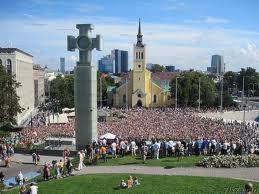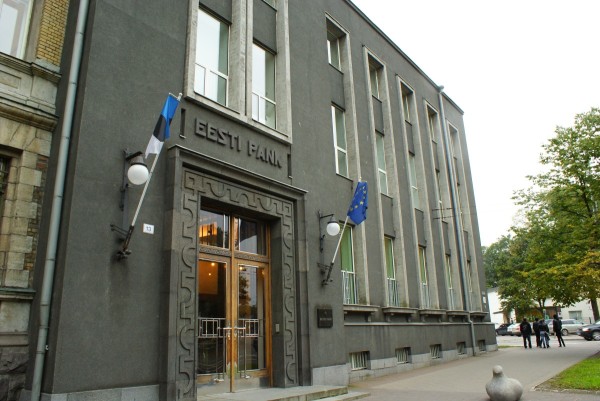
On June 14th, everybody has a chance to mark the location and details of their family stories on the map of Estonia. This can be done in person on Tallinn Freedom Square from 13:00-20:00, online at www.kogumelugu.ee or by text message. The maps will later be exhibited at the Museum of Occupations.
“Stories of families destroyed and humans put on cattle wagons to Siberia are traumatic and hard to share. The pain and fear transcend generations and continue to shape lives of communities for decades. But by sharing these stories openly and analysing their influence, we can create a precondition for reconciliation. The youth are to remember and learn from history, so we invite them to research family stories, understand past events and thereby come to terms with history,” explained Uve Poom and Sergei Metlev, initiators of the campaign.
The Appeal’s full text in Estonian is available at www.kogumelugu.ee/kaart/info.
Facebook page: www.facebook.com/kogumelugu.
Signatories of the Appeal
Uve Poom, Unitas Foundation
Sergei Metlev, youth organization Open Republuc
Vootele Hansen, Estonian Institute of Human Rights
Kadri Viires, Museum of Occupations
Tanel Tsirgu, NGO Tulipisar
Eduard Mägi, Foundation for the Remembrance of the Victims of Occupation
Leo Õispuu ja Enn Tarto, Estonian Memento Association
Background
Soviet Mass Deportations
On June 14, 1941, the first wave of mass deportations to Siberia was launched by squadrons coordinated by the Soviet secret police. They started rounding up individuals and families across Estonia soon after midnight, to be sent to Siberia on the 490 cattle wagons prepared for the procedure. Recent estimates show that more than 10 000 people were deported that year.
In 1949, well after World War 2, more than 20 000 thousand people from Estonia were deported without notice in no more than 3 days. Similar policies were applied in Latvia, Lithuania, Ukraine, Moldova as well as other remote and newly annexed areas of the Soviet Union, totalling at around 4 million people.
Kogu Me Lugu
Kogu Me Lugu (Collect Our Story) is an initiative to gather, conserve, and share stories of families who were victims of crimes against humanity and genocide in the 20th century. A range of stories will be turned into English-language videos in cooperation with renowned Estonian filmmakers and students of the Baltic Film and Media School.
Website: www.kogumelugu.ee
Facebook page: www.facebook.com/kogumelugu.
























